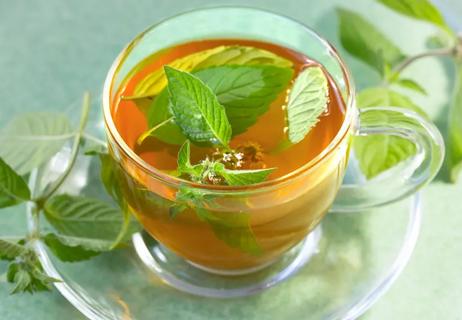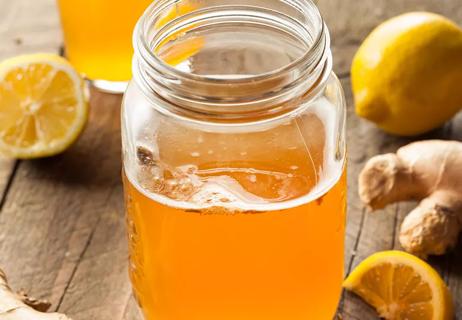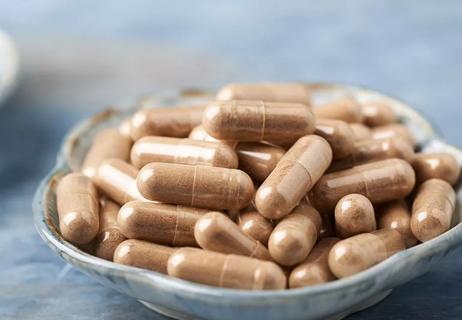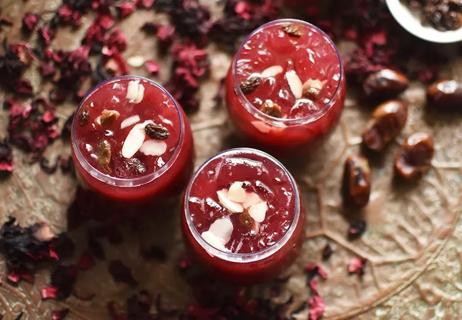Study reveals hot tea can raise esophageal cancer risk

We’ve all been there – you take a big gulp of tea and realize that it’s too hot to drink. You feel the burning sensation all the way down your throat as you instinctively swallow. Ouch!
Advertisement
Cleveland Clinic is a non-profit academic medical center. Advertising on our site helps support our mission. We do not endorse non-Cleveland Clinic products or services. Policy
Research is now proving that it’s important to let that tea cool down a bit more first.
A study in the Journal of International Cancer says there’s a link between drinking hot tea and esophageal cancer – and specifically the temperature is the cause for concern.
Oncologist Davendra Sohal, MD, MPH, who wasn’t involved in the study, says that years of exposure to the scalding hot temperature of any food or beverage is a potential risk factor for esophageal cancer (although the study specifically looked at tea).
“Any type of hot food or liquid has the potential to irritate the lining of the throat and esophagus,” he says. “It’s the temperature that is the biggest risk factor.” When you eat or drink something that’s too hot it can cause a thermal injury in the lining of the throat or esophagus. These thermal injuries (especially if it’s repeatedly) can lead to chronic inflammation and the formation of cancer cells.
Esophageal cancer is still pretty rare, making up about 1% of all cancers diagnosed in the United States. In other parts of the world (like in Iran where the study was done), esophageal cancer is much more common.
Dr. Sohal recommends being aware of esophageal cancer risk factors:
Advertisement
Dr. Sohal says that a single exposure to hot food or beverage usually won’t do much harm. If you do happen to swallow something that’s too hot, don’t vomit and don’t drink ice cold water to offset the burning sensation – both can cause more damage.
The best advice is to drink room temperature water and see if it gets better on its own. But if you’re having any trouble swallowing, go to the ER.
According to the study, anything greater than 140 degrees Fahrenheit is considered too hot to be eating or drinking. To help put things in perspective, a maximum hot tub temperature is only 104 degrees Fahrenheit!
“This isn’t the end of the story,” says Dr. Sohal. “The study certainly shows a legitimate association between hot liquid and esophageal cancer risk, but it also shows that this is modifiable.”
So next time you reach for that piping-hot beverage or food, think twice before sipping and let it cool down a bit more!
Advertisement

Sign up for our Health Essentials emails for expert guidance on nutrition, fitness, sleep, skin care and more.
Learn more about our editorial process.
Advertisement

Catechins (antioxidants) in green tea help fight inflammation and diabetes, while improving memory and heart health

This subtly minty beverage can help balance hormones and loosen stiff joints

Weeds be gone! This tea contains lots of antioxidants and may help reduce inflammation

Flavonoids in black tea are good for your health, helping prevent strokes and heart disease

Research is limited, but there’s evidence the fermented tea offers some health benefits

The energy drink staple packs a caffeine punch, but caution is recommended

From antioxidants to anti-inflammatory effects, a dietitian explains all

There’s a perfect tea option for every condition

Even small moments of time outdoors can help reduce stress, boost mood and restore a sense of calm

A correct prescription helps your eyes see clearly — but as natural changes occur, you may need stronger or different eyeglasses

Both are medical emergencies, but they are very distinct events with different causes